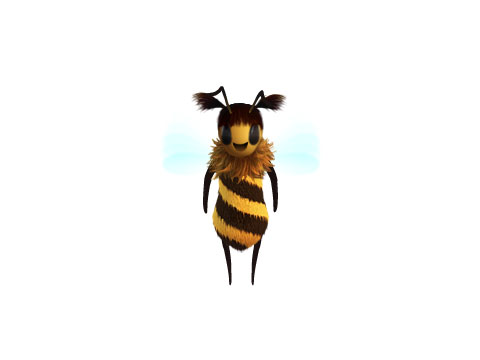I think precision in poetics these days is rather difficult (this post will illustrate that it is at least difficult for me), although that doesn't mean it doesn't exist or isn't important. I feel like I could (should) write an essay about the lack of precision in our generation's poetics. Of course, there's value in a lack of precision too, as long as it's intentional. I think.
Instead of writing that essay I will blog about
Flarf, because for me it's a useful current example of a poetry that often successfully combines/draws from a variety of experimental contexts and techniques and does so with awareness.
The
idea of F
larf does seem to encourage fairly strong responses. Combining procedural techniques and an awareness of the relationship between structure and meaning with any content you and Google can find (and any other substitutions & changes you want) and then delivering it all in a poem packed with satire and a good dose of New York school wit and energy on the level of the line (and possibly a performance that emphasizes artifice) is clearly threatening.
I wonder if people come into contact with
Flarf just aren't familiar with the histories of procedural work, Language poetry, and 1
rst and 2
nd generation New York School. Sometimes I feel like people get fussy about
Flarf because it's something they heard about at a party in New York and think it has some kind of widespread popularity. I suppose
Flarf is increasingly popular, and it's gotten critical attention, but let's keep things in perspective. It's not taking over the poetry world anymore than Language poetry has really taken over the academy. I'm kind of pessimistic. I don't think poetry really takes over anything, I tend to think it gets let in from time to time, and in between those moments it's usually squashed or (more likely now) ignored.
For those of us who are very familiar with the histories of procedural work, Language poetry, New York School, and most US and European
avant-
garde movements and lineages since 1800 onwards (
ok, so maybe I'm still working on developing that level of familiarity)...well, a lack of familiarity obviously isn't a factor in our various reactions to
Flarf. For me, I initially didn't think of Flarf as being something unique, although now I think it can be.
However, I'll pause to note an obvious point--just because you're (we're) writing work that might be considered
avant-
garde or experimental doesn't mean that you (we) necessarily understand the history and context of the kind of work you are making. We have to keep reading/ looking/ listening.
One of the first mature poems I wrote, (which is in my chapbook,
Large Waves to Large Obstacles, forthcoming from Take Home Project etc etc) was a procedural translation of a Chinese character. I did this because I wanted to write a poem and I was studying Chinese, not because I knew anything about the history of procedural work, or translation, or Ezra Pound, or
Orientalism. But all of these contexts of which I was more or less unaware still come to bear on the poem, whether I want them to or not.
I'm going to
reminisce and say that one day Katie, Drew, Rod, Tom, possibly Ryan & Cathy and perhaps other people came over to our place to watch something. Sports. It wasn't the
Superbowl. I think it was spring, so it was probably baseball. I can't remember why Katie and Drew were in DC. I remember nothing about the occasion, except that we watched some sports, talked about
Flarf, and that Mark and I didn't have very much furniture. And then I got a chapbook from Casey in the mail--a poem written with
Google search results from the phrase "And then I wrote." It was all very sweet and lyric as I remember it, actually. Sometime after that I heard him give a reading from
Deer Head Nation and I thought that the poems were funny and scary.
Prior to
Flarf being called
Flarf and developing into itself (?!), several people were having fun playing around with search engines and automatic translations. One I remember is Juliana
Spahr's We Are All . . ., a chapbook from 1999, a series of poems made by moving notes she'd made back and forth through a machine translator--English-French etc. This seems like a contradiction, but when I heard/read
Deer Head Nation (I keep going back to that book because it was my first major experience reading and hearing
Flarf), I didn't think anything technically new was happening--I thought "oh, process, Google, someone has made a book of poems using these things we've been playing with on the
Internet. Interesting!" At the same time, the tone and content of the poems, I thought, was noticeably different from a kind if witty, politically aware irony of writers whose work I already enjoyed like
Kevin Davies and
Tim Davis. Maybe other people had a similar reaction?
Most of the procedural work I can think of, with the exception of
Flarf, doesn't tend to be especially interested in satire, although it is sometimes funny. Actually, I should say that, with the exception of some
contemporary procedural work, most procedural work (I can think of) isn't satirical. I don't think "
MacLow" and then "Satire." I think the fact that
Flarf is usually both procedural and satirical is probably worth noting.
Lester preens. I am going to take a nap soon. Also, I will brush my teeth.










